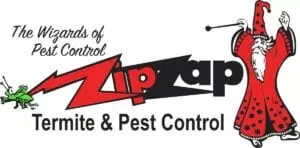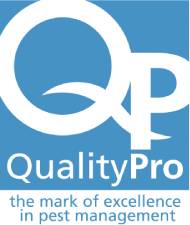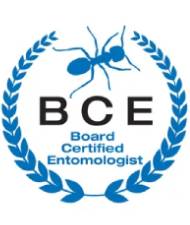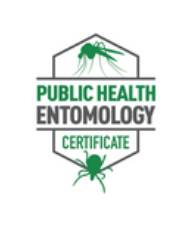IMPORTANT FACTS ABOUT THE COMMON HOUSE FLY
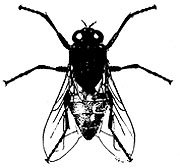
The Common House Fly: A Summer Nuisance and Potential Health Threat
The summer months bring sunshine, warmth, and, unfortunately, a surge in unwanted pests. Among these pests, the common house fly (Musca domestica) reigns supreme. These persistent insects are not only a nuisance with their constant buzzing, but they can also pose a significant health risk, as the common house fly often carries harmful pathogens.
Flies: More Than Just Annoying Buzzers
While easily identifiable by their gray bodies and striped thoraxes, many people underestimate the dangers house flies pose. Their feeding habits contribute to their ability to spread diseases. Flies don’t have teeth and rely on a liquid diet. They regurgitate their saliva onto solid food, liquefying it for easier consumption. This same saliva often contains a cocktail of harmful bacteria and pathogens, making the common house fly a dangerous insect.
House flies are attracted to moist and decaying organic matter, including garbage, sewage, animal feces, and even wounds. As they land on these contaminated surfaces, they pick up a variety of bacteria and viruses on their bodies and legs. When these flies then land on food or surfaces we touch, they can inadvertently transfer these pathogens, which can lead to illness spread by the common house fly.
Diseases Spread by House Flies:
- Cholera
- Dysentery
- E.coli
- Poliomyelitis (polio)
- Tuberculosis
- Salmonella
Preventing House Fly Infestations
Knowing the health risks associated with house flies, it becomes crucial to take preventive measures and keep them out of your home. Here are some key strategies to keep the common house fly at bay:
- Exclusion: This is the first line of defense. Keep flies out by using well-maintained screens on doors and windows. Regularly check these screens for holes and tears and replace them if necessary. Seal any gaps around pipes, vents, and other potential entry points.
- Sanitation: Eliminate breeding grounds and sources of attraction for flies. Store food in sealed containers, wipe down spills and crumbs promptly and avoid leaving dirty dishes in the sink.
- Effective Disposal: Maintain proper waste management practices. Keep your trash cans tightly sealed and clean them regularly. Dispose of garbage bags promptly and avoid letting organic matter accumulate around your home. This includes promptly removing grass clippings and other yard waste, which attract the common house fly.
- Traps and Swatters: To eliminate individual flies in existing infestations, use fly traps and swatters. Fly traps come in various forms, including sticky traps, baited traps, and electric traps with UV light.
Professional Pest Control for Persistent Fly Problems
While DIY methods may help manage small infestations, extensive outbreaks often require professional intervention. Zip Zap Termite & Pest Control offers comprehensive fly control solutions. Our experienced technicians use non-toxic, family-friendly products to eliminate adult flies and target their larvae at the source, addressing the root causes of common house fly infestations.
Benefits of Professional Fly Control:
- Effective Treatment: Trained specialists identify the root cause of the problem and implement targeted treatment plans using professional-grade products.
- Long-Term Prevention: Professionals address entry points and breeding grounds to prevent future infestations.
- Safety and Peace of Mind: Non-toxic solutions ensure the safety of your family and pets while eliminating the nuisance of house flies.
Don’t let house flies turn your summer gatherings into a buzzing nightmare caused by the common house fly. Contact Zip Zap Termite & Pest Control today at 816-407-PEST (7378) or visit us online at zipzappestcontrol.com for a free consultation and to regain control of your home.
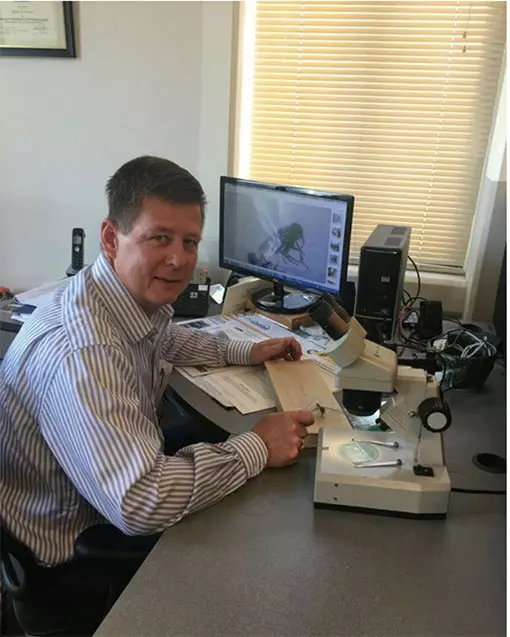
Jeffery Preece BCE,PHE
Jeffery Preece is the owner and technical director of ZipZap Termite & Pest Control
